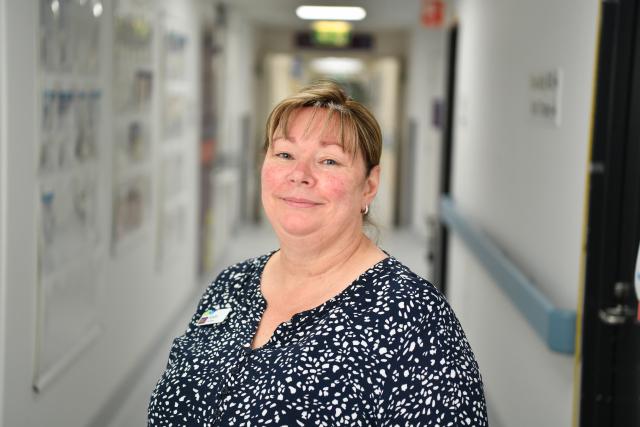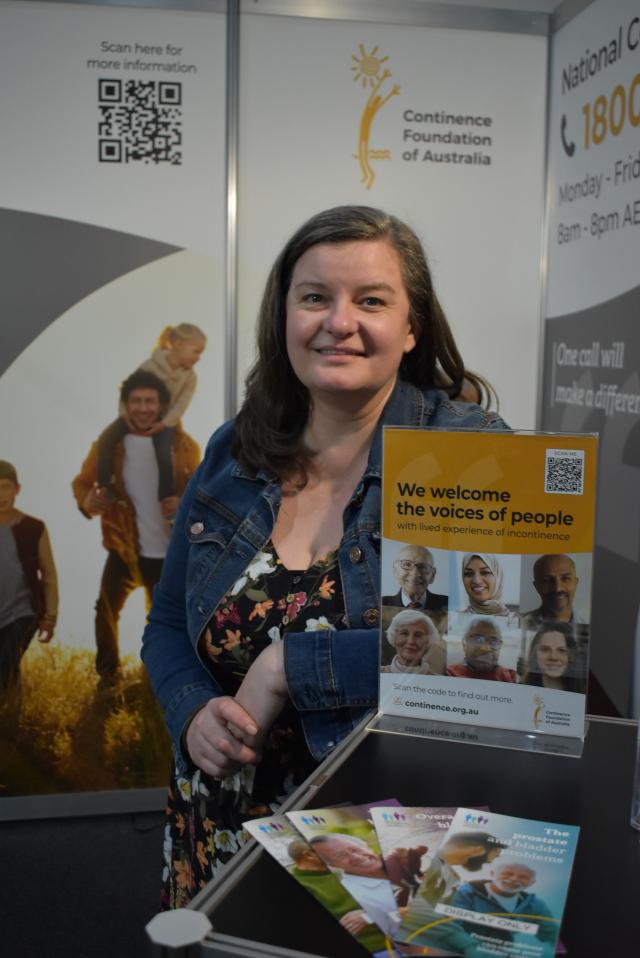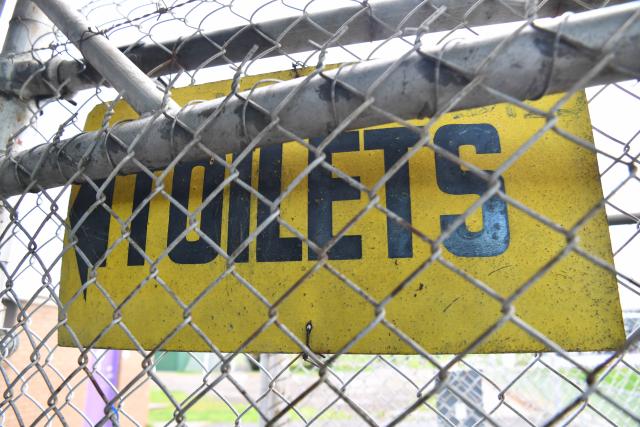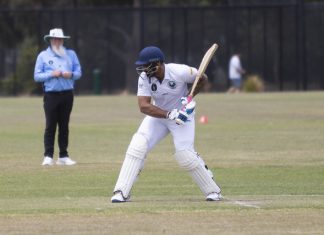Hannah Hammoud
One in four Australians aged over 15 suffer from incontinence. This statistic may come as a surprise to many as incontinence is one of Australia’s great taboos. But as Hannah Hammoud discovers, the team at the National Continence Foundation is on a mission to change that.
Affecting over five million Australians, incontinence can range in severity from a small leak to complete loss of bladder or bowel control.
Celebrations for World Continence Week have kicked off, running from June 19 to June 25, with an aim to raise awareness of incontinence related issues.
Programs and projects manager at the Continence Foundation of Australia Daniyela Rob said one of the biggest challenges surrounding incontinence is simply having the conversation.
“It’s something that people don’t want to talk about, but the more people that do talk about it, the more they will realise just how many people it affects,” she said.
“Because people don’t talk about it, often someone who is experiencing incontinence is thinking, ‘oh it’s only happening to me, and I don’t want to share that’.”
Data from the Continence Foundation reveals that 46 per cent of people who experience incontinence are under the age of 50. Ms Rob said a common misconception surrounding incontinence is that it is a natural part of ageing.
“People might think that their incontinence is an inevitable part of ageing, or after giving birth assume that it is bound to happen,” she said.
“It becomes normal for them and so they don’t seek help, but there is help available. The Continence Foundation champions people finding the right assistance, and speaking to a health professional about what the right way to manage their continence might be.”
Ms Rob said that for many Aussies suffering from incontinence their quality of life is significantly impacted. For those living with incontinence, leaving their home for everyday activities can be a difficult task due to the fear of not having access to appropriate facilities.
This year, the Continence Foundation ran the Great Dunny Hunt campaign encouraging Australians to take pictures of their favourite public toilet and upload them to the National Public Toilet Map (NPTM) website or app.
Submissions to the hunt closed on the first day of World Continence Week on Monday, June 19 with more than 600 photos uploaded across the nation.
Ms Rob said the Continence Foundation continues to garner huge support and gratitude from people with lived experience of incontinence.
“It helps raise awareness and opens up the conversation about bladder and bowel incontinence” she said.
“It also means more people know where to seek support and that’s always a good thing.
“It is really important that people seek help and talk to their GP or ring our National Continence Helpline because there is help available for people.”
The continence services offered at Western Health include help to treat, better manage and even cure incontinence related issues.
Sunshine Hospital continence clinic manager Susan Cronin said it is important that people living with incontinence understand that there are many treatments and strategies available to them.
“Part of our service once people do reach out, is to say that it’s okay to talk about it and it’s okat that you’ve sought assistance,” she said.
“We’re here to help you and you’re not alone in this.”
The Western Continence Service offers assessment and management of urinary and faecal continence issues, with a goal of promoting self-management whenever possible.
For those wishing to seek help, it is important to have a referral from a medical doctor, which includes GPs, specialists and hospital departments.
Ms Cronin said Western Health offers a multidisciplinary service to assess and treat adults experiencing both bowel and bladder continence issues.
“Often we will contact people by phone to ascertain what their challenges or issues are and also plan how we can help them achieve their goals. We then make a clinical decision with them as to what pathway they’ll take, such as seeing a nurse or physio or having diagnostic testing,” she said.
“Once we gather everything we need, we put a plan in place to help them, and we then work with patients on how we can achieve their continence aims.”
Ms Cronin said it is important to open up the continence conversation and remove the taboo that has long accompanied it.
“Where I think the shift needs to occur is people not feeling embarrassed to say that they have continence issues,” she said.
As part of World Continence Week, the Continence Foundation will be hosting a lived experience panel webinar on Wednesday, June 21. The webinar will feature a group of panellists to discuss their lived experience of incontinence, barriers to seeking help, common misconceptions about incontinence and how to change the narratives around this common condition.
Australians can reach the National Continence Helpline for free, confidential advice from Nurse Continence Specialists on 1800 33 00 66, from Monday to Friday from 8am-8pm.










